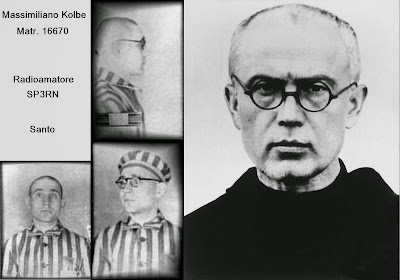Responding to the Faithfulness of the Lord
21st Sunday in Ordinary time: 26th August, 2018
Josh 24: 1-2,15-18; Eph 5: 21-32; Jn 6: 60-69
The God of Israel has always been identified as the God of the Covenant: I shall be your God and you shall be my people. Through ups and downs, during plenty and calamities, in peace and war, the Lord ever remained faithful to the covenant, even when the people went away from it and abandoned it. That is why the people of Israel did not contain themselves with saying God is faithful, but believed firmly that God is Faithfulness!
Today we have Joshua who understands and expresses exactly what is expected of the people of God: as for me and my household, we shall always serve the Lord. Being faithful to God was not his initiative, Joshua knew it well. It was only in response to the faithfulness of God.
This faithfulness of God is compared to the faithfulness that is observed in a marriage fidelity between the husband and the wife! It is a faithfulness of utmost sacrality and as much as it concerns the Lord, it is absolute!
I am reminded of an account narrated about an old man, close to his nineties, who would come everyday to a dispensary to dress a wound on his thumb. When the time nears the mark of midday, he would get anxious and restless, telling the nurses to hurry up or to let him go as he had to go to attend to his wife at noon! When they enquired about his wife, he would tell them that she is in a state of unconsciousness (coma) for the past 6 months! The nurses would ask, 'anyway, she would not know if you came on time or not, or even whether you were there or not, why do you give it so much of an importance?'. The man would respond: 'it does not matter to me whether she knows it or not, I have made a promise to her to be at her side everyday at noon without fail, and I will keep my promise come what may!' That is what the Lord's fidelity is all about - keeping the promise!
To whom shall we go, Lord, for you have the words of eternal life. Peter reminds us today that our fidelity to God does no good to God but gains us the eternal life that we long for. Our fidelity to the Faithfulness is a grace unto ourselves.
And we would do well to ask ourselves how faithful we are to God's fidelity!









